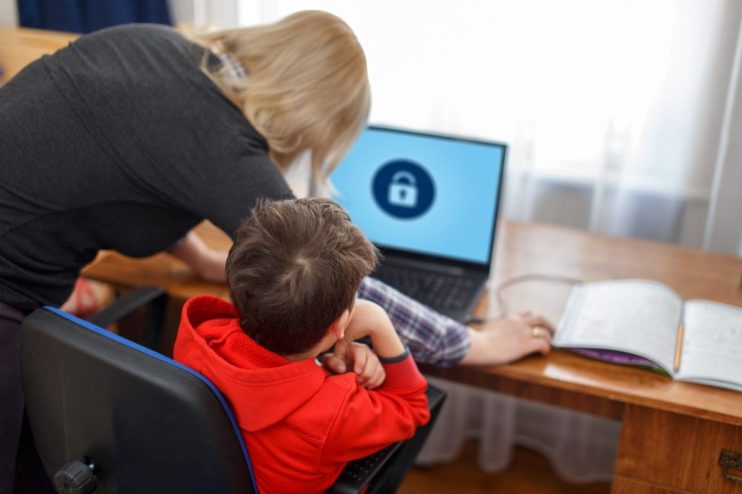A message from the City of London Police: Top tips on National Internet Safety Day

Today [9 February] is National Internet Safety Day. Marking this date feels more important than ever this year due to the impact the COVID-19 pandemic has had on the way we all communicate with others. We are now in the midst of our third UK lockdown with schools closed for the second time in a year and most of the population working from home.
A large number of the population have been spending increasing amounts of time online, including vulnerable adults and children and it is important that we do everything we can to keep them safe.
At the end of 2020 Counter Terrorism Policing launched their new safeguarding website https://actearly.uk/aimed at family and friends to encourage them to share concerns that a friend or loved one might be vulnerable to radicalisation.
When considering internet safety, and protecting those we care about, there are a number of things we should bear in mind. There is no single route to radicalisation, however there are certain behaviours we can all watch out for that are often seen when someone is being led down the path of extremism:
- Are they spending increasing amounts of time online and on social media?
- Are you aware of them reading, posting, watching or sharing hateful or extreme views, content or links?
- Are they secretive about which groups they are speaking to, or are involved in online?
- Are they showing signs of becoming intolerant to anyone who is not sharing their views?
- Do they have a powerful desire for change or for ‘something to be done’ about a cause that is important to them?
- Have you noticed they are struggling with significant change, conflict or trauma?
- Have you noticed they have been distancing themselves from their friends, family and community and seeking out new groups or people?
- Are you worried they are feeling angry and frustrated by the way they feel others may perceive them? Do they feel overlooked or rejected by society? Do they feel they are being left behind and blame other groups or communities for their situation? Do they seem very critical or intolerant of other people or groups?
- Are they showing signs of a desire to command respect and control others? Are they talking about their unmet aspirations?
Radicalisers are increasingly operating online to target and influence vulnerable people via online gaming and social media platforms. At first they can use innocuous or typical looking pages or sites that are not extreme in any way. They will then seek to invite the person into a ‘closed’ group where extremist views are expressed. They do this to make the person feel special or part of a select group.
Everyone is different. You know best if someone you care about is acting in a way that doesn’t feel right. If you feel you or your loved one may need extra support to help them move away from extremism then visit ACT Early for help and advice or call the national Prevent advice line on 0800 011 3764.
Top tips for parents/vulnerable people to make the internet safer:
- Keep personal information limited and keep your privacy settings on
- Talking to strangers is a threat to online safety. With so many people mis-representing themselves online, children, young people and adults are all vulnerable to the possibility of online bullying, child grooming and emotional manipulation.
- Ensure your child only views content that reflects their age, use parental controls.
- Take an interest in what your child does online, actively enquire about the specifics of what they do and try and create an environment of trust which encourages your child to share concerns.
- Check a websites reliability, make sure you use a reliable trustworthy site.
- Create shared family rules for the internet.
- Keep social networks secure.